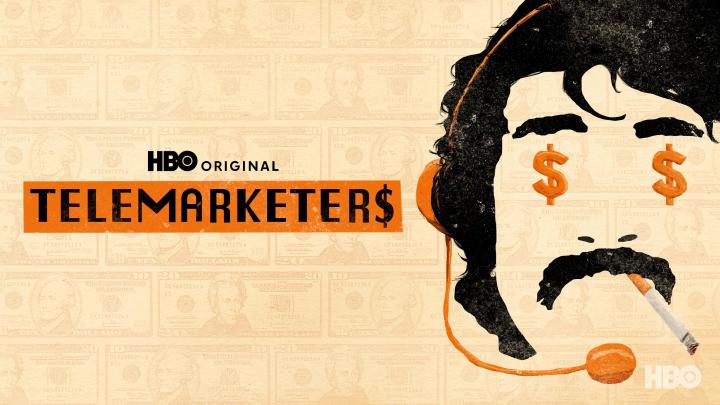
We’re watching the documentary series “Telemarketers” in October. The three-part doc follows a whistleblower investigation that spans nearly two decades, as former call center employees learn their old job was an even bigger scam than they thought. You can stream “Telemarketers” on Max, with a subscription. And you can subscribe here to get the whole series in your inbox.
The telemarketers at Civic Development Group were ostensibly raising money for charities serving police officers, firefighters and veterans, but you might not know it from looking around the office.
As we learn from the first scenes of the three-part documentary “Telemarketers,” CDG would hire just about anyone, including teens as young as 14, high school dropouts and people with criminal records. T he employees described themselves in the first episode as a group of drug users, former drug dealers and current drug dealers. So long as they hit their fundraising quotas, there were no rules; pranks, sexual jokes, profanity, physical fights, prostitution, drinking and doing drugs on the job were all fair game.
But behind all the antics and partying was a scam. Most of the money these telemarketers raised wasn’t actually going to charities like they told the people they called. As much as 90% of the donations went back to their employer.
Spoiler alert: It didn’t last. In 2010, CDG paid $18.8 million to the Federal Trade Commission for misleading donors about how their money was used. At the time, it was the largest ever civil penalty for a consumer protection case in FTC history, and the company’s owners were banned from soliciting charitable donations for life. But even after CDG shut down, the scams didn’t stop.
What makes “Telemarketers” worth watching is its insider perspective on telemarketing schemes. And the film’s protagonists, two former CDG employees who modeled themselves off filmmaker Michael Moore, soon realize that the grift went far deeper than they initially thought.
We hope you’ll watch the series and follow along for the rest of October with Econ Extra Credit. We plan to explore how artificial intelligence has changed telemarketing and why it’s so hard to shut down scams. We’ll also offer tips on how to avoid getting scammed yourself.
Send us your scam stories
Have you ever been scammed, or caught onto a scam before you’d been had? What did you do? What did you learn? We want to hear your stories. Reply to this email or send a note to extracredit@marketplace.org.
There’s a lot happening in the world. Through it all, Marketplace is here for you.
You rely on Marketplace to break down the world’s events and tell you how it affects you in a fact-based, approachable way. We rely on your financial support to keep making that possible.
Your donation today powers the independent journalism that you rely on. For just $5/month, you can help sustain Marketplace so we can keep reporting on the things that matter to you.












